It’s hard to keep up with the latest smartphone developments. And choosing the best iPhone camera is no different. After a period of incremental change in camera specs, the iPhone 14 had significant improvements. The 2024 iPhone 16 was a more incremental change, but we think it still puts it at the top of the pile.
We’ve considered all of the camera specs of all of these cameras. And the iPhone 16 Pro’s sensor size, processor, and camera options put it in a class of its own.


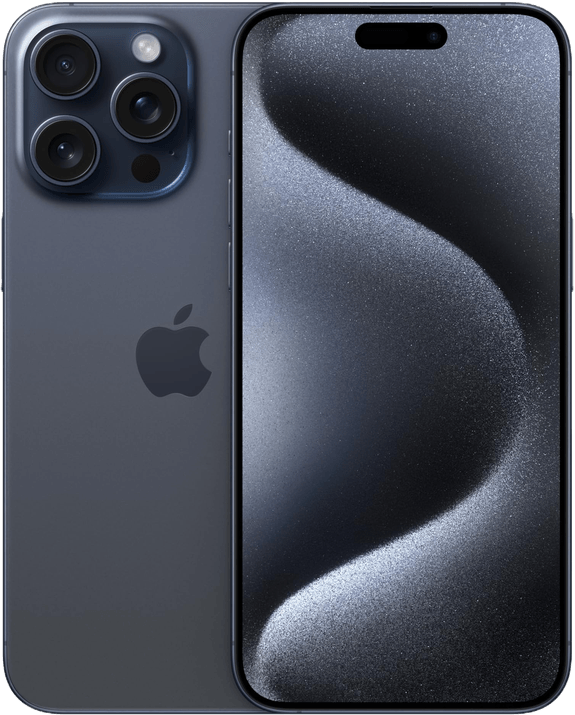
All of the current iPhones offer excellent cameras. The image processing makes it easier than ever to achieve amazing results. We’ll look at the best iPhone cameras in more detail. But first, here’s a summary of the best models.



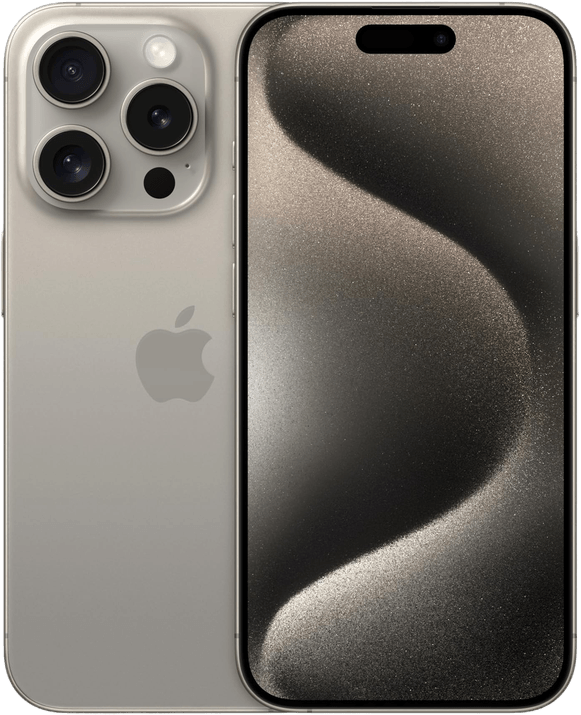
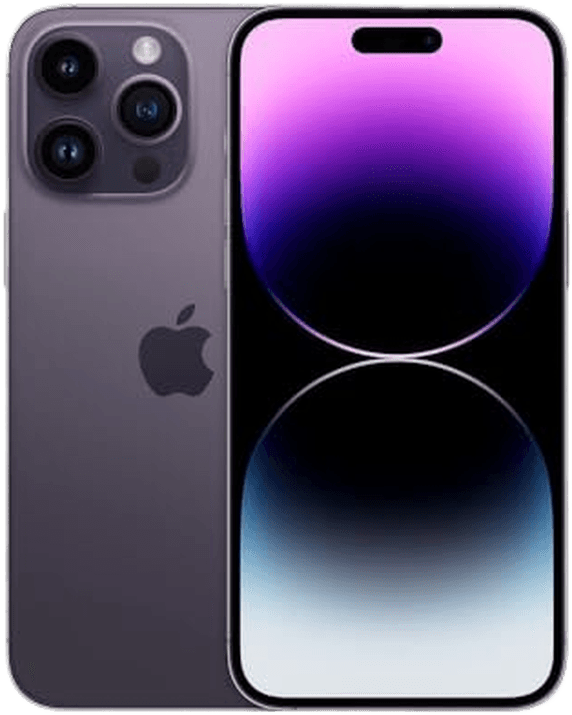
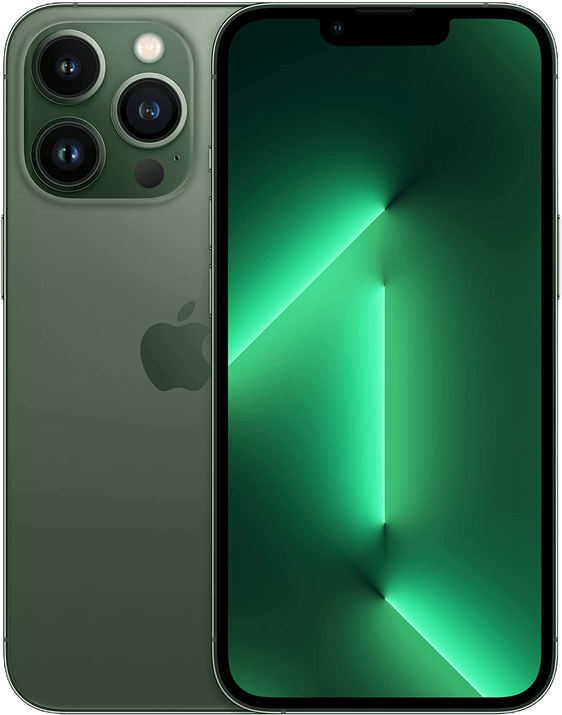
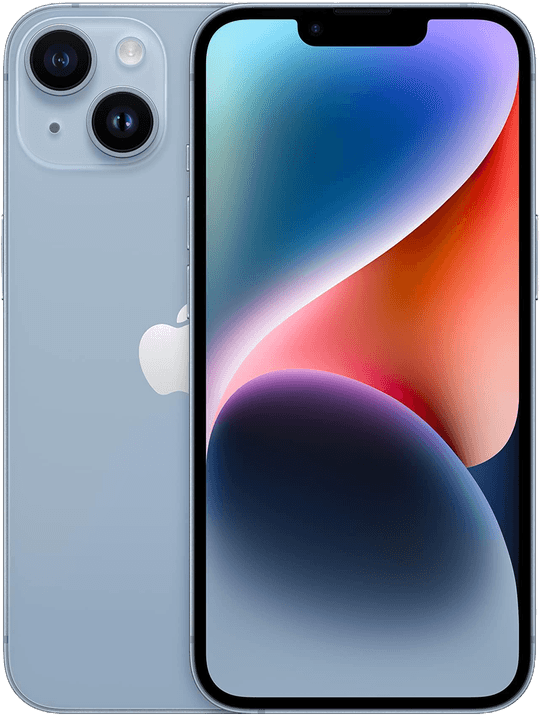
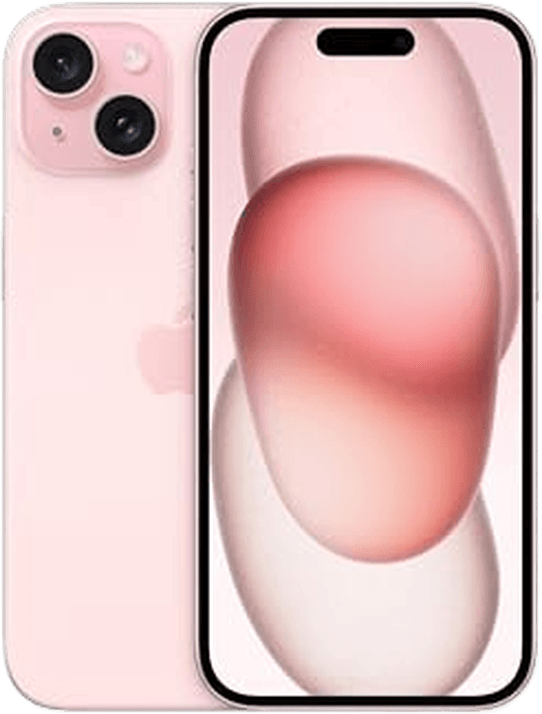
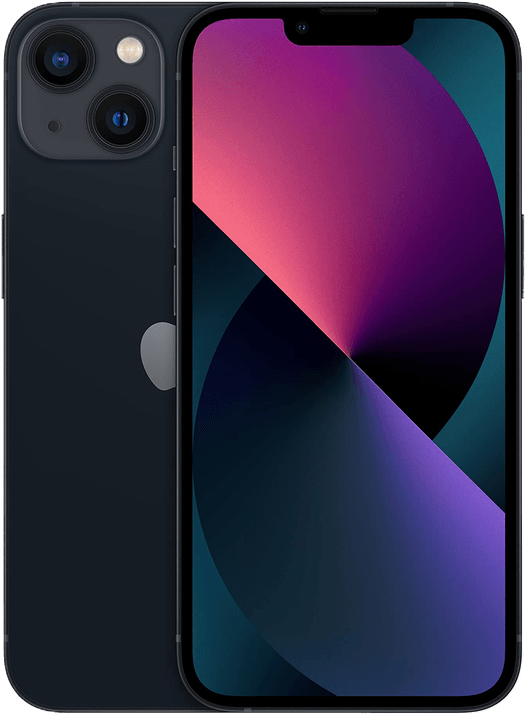
The current flagship iPhone leads the way for quality and versatility. But the other iPhone cameras in this review are all worth a look, especially if your budget won’t stretch to a brand-new iPhone 16 Pro.

| Main Camera |
Main Camera
48 MP
|
| Telephoto Camera |
Telephoto Camera
12 MP
|
| Ultra-Wide Camera |
Ultra-Wide Camera
48 MP
|
| Front Camera |
Front Camera
12 MP
|
| Max Video Resolution |
Max Video Resolution
4K/120 fps
|
| Max Video fps |
Max Video fps
240/1080p
|
| Image Stabilization |
Image Stabilization
Sensor-shift
|
| Key Features |
Key Features
48 MP Ultra-Wide Camera, Camera Control Button
|
| Best For |
Best For
Anyone looking for the best iPhone with incredible cameras
|
The iPhone 16 Pro includes the biggest redesign to hardware in recent years toward aiding photography. We now have a button dedicated to taking and controlling our photos.
The Camera Control button is on the side of our phone and is similar in size to the lock button. Pressing this button will open the camera app, and then you can press the button again to take a photo.
The Camera Control button is touch-sensitive, so it allows you to control various photographic issues in addition to taking photos. Thanks to its sensitive touchpad, sliding your finger will allow you to zoom. You can also select camera modes, lenses, focus points, and more through this button.
The iPhone 16 Pro has the same 48MP camera sensor for the main camera as the iPhone 15. But the iPhone 16 Pro now has a 48MP Ultra-wide camera sensor. This greatly improves the quality of wide-angle images from the previous iteration.
You will also notice that the iPhone 16 Pro now includes 4K video at 120 fps with Dolby Vision. This means the video you will get will be sharp and smooth. Dolby Vision adds automatic enchantment to these videos with vibrant colors.
The iPhone 16 Pro is the best iPhone camera to date. With the Camera Control button, we can see Apple values great camera abilities with easy and accessible features.

| Main Camera |
Main Camera
48 MP
|
| Telephoto Camera |
Telephoto Camera
N/A
|
| Ultra-Wide Camera |
Ultra-Wide Camera
12 MP
|
| Front Camera |
Front Camera
12 MP
|
| Max Video Resolution |
Max Video Resolution
4K/120 fps
|
| Max Video fps |
Max Video fps
240/1080p
|
| Image Stabilization |
Image Stabilization
Sensor-shift
|
| Key Features |
Key Features
Camera Control button, 48 MP camera, 6x digital zoom
|
| Best For |
Best For
Brilliant Camera Control button feels like using a digital camera
|
The iPhone 16 has the same hardware upgrade as its Pro partner. The Camera Control button is a welcome feature for every phone user who prioritizes smartphone photography.
By making the camera more accessible, Apple shows that it continues to prioritize high-quality photography in its development.
The iPhone 16 features a 48MP main camera with 2x optical zoom and 6x digital zoom. This is the same camera found on the iPhone 15. It has a 12MP ultra-wide camera which is also the same as found in the iPhone 15.
You will notice that Apple has decided to change the configuration of its cameras this time around. Instead of being diagonal, the cameras are not horizontally stacked. This shouldn’t make a difference to performance or usability but will help with the Spacial Capture feature, which allows you to capture images and videos in 3D.
The iPhone 16 is only different from its predecessor with the Camera Control button. But this feature alone makes it place so high on this list. Even holding the camera sideways and using the shutter like a digital camera makes such a difference.

| Release Date |
Release Date
23/09/2023
|
| Main Camera |
Main Camera
48 MP
|
| Telephoto Camera |
Telephoto Camera
12 MP
|
| Ultra-Wide Camera |
Ultra-Wide Camera
12 MP
|
| Front Camera |
Front Camera
12 MP
|
| Max Video Resolution |
Max Video Resolution
4K/60 fps
|
| Max Video fps |
Max Video fps
240/1080p
|
| Image Stabilization |
Image Stabilization
Sensor-shift
|
| Key Features |
Key Features
Up to 5x zoom, True-Depth front camera with autofocus, Dynamic Island feature
|
| Best For |
Best For
Anyone looking for the best iPhone with incredible cameras for a cheaper price
|
With the iPhone 15 Pro Max, Apple introduced a specification gap between their Pro Max and Pro models. The latest Pro Max adds a 5x telephoto, which isn’t included in its smaller sibling. All its other features are the same except for a bigger screen size.
The biggest upgrade with the 15 was the adoption of the USB-C port. Given that iPads and all modern Mac laptops have this, it isn’t such a leap. But there were also some improvements in camera features.
Some of these were aimed at video lovers. The iPhone 15 now has log video recording and Academy Color Encoding. Chances are you will know what these are if you need them. In short, they help to ensure both increased detail in highlight areas and consistency in color throughout the process.
There is a slight improvement in video capability. 4K video is now available at 60 fps, and you get ProRes 4K video at 60 fps on the front camera.
In most other respects, the new version is largely the same. The screen size and resolution are the same. Speed is improved with the A17 Pro chip and a 6-core GPU instead of the 5-core of the iPhone 14 Pro Max.
So, the changes are largely incremental, but the 5x telephoto is a genuine step up. The other improvements are all worthy, and the USB-C port could be important too. Apart from the overall compatibility, it allows the iPhone 15 Pro Max to record high quality video to an external drive. And that’s important, given how space-hungry pro-level video encoding is.

| Release Date |
Release Date
23/09/2023
|
| Main Camera |
Main Camera
48 MP
|
| Telephoto Camera |
Telephoto Camera
12 MP
|
| Ultra-Wide Camera |
Ultra-Wide Camera
12 MP
|
| Front Camera |
Front Camera
12 MP
|
| Max Video Resolution |
Max Video Resolution
4K/60 fps
|
| Max Video fps |
Max Video fps
240/1080p
|
| Image Stabilization |
Image Stabilization
Sensor-shift
|
| Key Features |
Key Features
True-Depth front camera with autofocus, Dynamic Island feature
|
| Best For |
Best For
Anyone looking for a comfortably sized iPhone with top features
|
As we have already seen, the iPhone 15 Pro shares most specs with the Pro Max. This makes it a very capable performer. One of the most remarkable capabilities of the iPhone 15 Pro range is its low-light shooting. You can shoot handheld in partial moonlight and still get beautiful photos. It’s remarkable.
The form factor of the Pro seems perfect to me. The Pro Max is too big for my taste, but for some it’s worth it for the 5x telephoto. And for some, the extra screen size or longer battery life makes it a compromise worth making. But for me, the iPhone 15 Pro hits the sweet spot of being large enough without being too much.
In many ways, the iPhone 15 Pro is neck and neck with the Pro Max. But the lack of the 5x telephoto is its one weakness. Nonetheless, it’s an outstanding camera phone.

| Release Date |
Release Date
16/09/2022
|
| Main Camera |
Main Camera
48 MP
|
| Telephoto Camera |
Telephoto Camera
12 MP
|
| Ultra-Wide Camera |
Ultra-Wide Camera
12 MP
|
| Front Camera |
Front Camera
12 MP
|
| Max Video Resolution |
Max Video Resolution
4K/60 fps
|
| Max Video fps |
Max Video fps
240/1080p
|
| Image Stabilization |
Image Stabilization
Sensor-shift
|
| Key Features |
Key Features
True-Depth front camera with autofocus, Dynamic Island feature
|
| Best For |
Best For
Anyone looking for a superb iPhone with incredible cameras
|
When Apple released the iPhone 14 in September 2022, it marked a significant jump in camera specs. The previous flagship—the 13 Pro Max—had a 12 MP main camera. The iPhone 14 Pro and 14 Pro Max pushed this to 48 MP. Interestingly, they use this 48 MP capacity to give what Apple calls “optical-quality zoom.” In effect, you shoot in 48 MP RAW and can zoom (aka crop) to a 12 MP 2x telephoto.
We’ve put the Pro and Pro Max together in this review. That’s because their photo capabilities are the same. The difference is in the size of the screen. If you don’t mind the extra size, you’ll get to appreciate your photos much more on the bigger screen.
The 48 MP main camera on the iPhone 14 Pro/14 Pro Max is a 24mm f/1.78 seven-element lens. It is notable for its quad-pixel construction and its sensor-shift image stabilization (IS). This is used to give supersmooth video and to keep your shots sharp.
A 12 MP 2x telephoto 48mm f/1.78 “lens” is achieved by using a sensor crop from the main camera. Both have 100% focus pixels, which means both have edge-to-edge autofocus.
The 12 MP ultra-wide lens is a 13mm f/2.2 six-element lens. The 120-degree field of view will give you GoPro-like images and video. Like the main camera, it has 100% focus pixels.
The final lens on the back of the phone is a 12 MP 77mm f/2.8 six-element telephoto lens. It has optical IS in both photo and video modes.
So the camera configurations are impressive. But smartphone cameras are not all about lens sizes and specs. What enables your tiny smartphone camera lens to produce stunning results is the software.
Once the light from the lens hits the sensor, smartphone manufacturers apply lots of tweaks. These make up for the shortcomings of the small lens, which is smaller than a fingernail.
One example of this is the portrait-friendly 77mm lens. It benefits from its large-ish maximum aperture to produce bokeh and throw the background out of focus. But additional processing will enhance that effect.
Video is well-covered on the iPhone 14 Pros. With a headline figure of 4K at up to 60 fps, you also get Apple ProRes video. And there are other modes, including Cinematic mode, which shoots at 4K HDR at 30 fps. You can also get that GoPro look with 240 fps slo-mo at 1080p. With image stabilization and an ultra-wide lens, it’s quite the feature.
The iPhone 14 Pro and 14 Pro Max used to be the clear winners of the best iPhone camera award. That is until the iPhone 15 was released. But they are still superb phones. If you want the best viewing experience, then go for the Max. If you like a smaller phone, the iPhone 14 Pro is for you.

| Release Date |
Release Date
24/09/2022
|
| Main Camera |
Main Camera
12 MP
|
| Telephoto Camera |
Telephoto Camera
12 MP
|
| Ultra-Wide Camera |
Ultra-Wide Camera
12 MP
|
| Front Camera |
Front Camera
12 MP
|
| Max Video Resolution |
Max Video Resolution
4K/60 fps
|
| Max Video fps |
Max Video fps
240/1080p
|
| Image Stabilization |
Image Stabilization
Sensor-shift
|
| Key Features |
Key Features
Excellent nighttime shooting capabilities and all-day battery life
|
| Best For |
Best For
Anyone looking for a lower-priced three-camera system
|
We’ll consider the iPhone 13 Pro and 13 Pro Max together as well. The cameras are the same, with the difference being screen size and battery performance. The iPhone 13 Pro/Pro Max is still a fantastic camera on any smartphone, whether iOS or Android. And you get an excellent set of camera hardware and features.
The iPhone 13 Pro Max has a 12 MP sensor resolution. And that’s for the cameras on the front and rear of the phone. The front camera has a wide-angle lens with an f/2.2 aperture. This is perfect for snapping some stunning selfies!
Other photographers will be more interested in the rear camera. It’s a triple-camera unit with three separate lenses. There’s an ultra-wide lens with an f/1.8 aperture. There’s an f/1.5 wide-angle lens. And there’s a telephoto lens with an f/2.8 aperture to complete the trio. The three lenses give you incredible shooting options. It’s a versatile smartphone for photographers.
The native camera app is packed with photography features. There’s a portrait mode for front and rear cameras. There’s depth control for accurate shooting. And there’s a night mode for after-dark photography. The Smart HDR is great for stills, but you also get HDR video recording.
The 13 Pro Max is a fantastic video camera too. You can shoot 4K Dolby Vision videos at a frame rate of 60 fps. And you have Cinematic mode for pro-looking videos. It adds a shallow depth of field to the footage. And it can shift focus from one subject to another automatically.
We recommend the version with 512 GB of memory. But you can get the 1 TB model if you need more storage. The battery life is excellent, which is one of the reasons the iPhone 13 Pro Max beats the iPhone 13 Pro. It has an improved battery life, and the bigger screen allows you to see your photos more clearly.

| Release Date |
Release Date
23/11/2022
|
| Main Camera |
Main Camera
12 MP
|
| Telephoto Camera |
Telephoto Camera
N/A
|
| Ultra-Wide Camera |
Ultra-Wide Camera
12 MP
|
| Front Camera |
Front Camera
12 MP
|
| Max Video Resolution |
Max Video Resolution
4K/60 fps
|
| Max Video fps |
Max Video fps
240/1080p
|
| Image Stabilization |
Image Stabilization
Sensor-shift
|
| Key Features |
Key Features
True-Depth front camera with autofocus, Dynamic Island feature
|
| Best For |
Best For
Anyone looking for a modern iteration of the iPhone, but who's happy with a dual-camera system
|
The main difference between the iPhone 14/14 Plus and the Pro versions lies in the camera. It’s immediately obvious as there is a cluster of two, not three, lenses on the back. What’s missing is the telephoto lens. And this means there is no ProRes 4K or macro video.
Other than that, photographic performance is the same. The iPhone 14 Plus offers a larger screen. But the choice between these two and the Pro versions is entirely down to how important the extra telephoto lens is for you.

| Release Date |
Release Date
23/09/2023
|
| Main Camera |
Main Camera
48 MP
|
| Ultra-Wide Camera |
Ultra-Wide Camera
12 MP
|
| Front Camera |
Front Camera
12 MP
|
| Max Video Resolution |
Max Video Resolution
4K/60 fps
|
| Max Video fps |
Max Video fps
240/1080p
|
| Image Stabilization |
Image Stabilization
Sensor-shift
|
| Key Features |
Key Features
True-Depth front camera with autofocus, Dynamic Island feature
|
| Best For |
Best For
Anyone looking for a solid iPhone with USB-C connectivity
|
The iPhone 15 offers fewer compelling reasons for upgrading from the 14. That’s not to say it’s a bad phone camera. Indeed, it is excellent in many respects. But the lack of a third rear camera and some camera features do make it a little less attractive.
That being said, you get a 48 MP sensor and a superb display with 2000 nits maximum brightness. This makes seeing your 4K video and your HDR photos with a 2,000,000:1 contrast ratio all the better. It lacks the macro and Apple ProRAW features, so that is a consideration if they are important to you.
The iPhone 15 is a brilliant camera phone and offers very good value. It is, for sure, less capable than its more expensive Pro stablemates. But it is unlikely to disappoint.

| Release Date |
Release Date
24/09/2022
|
| Main Camera |
Main Camera
12 MP
|
| Telephoto Camera |
Telephoto Camera
N/A
|
| Ultra-Wide Camera |
Ultra-Wide Camera
12 MP
|
| Front Camera |
Front Camera
12 MP
|
| Max Video Resolution |
Max Video Resolution
4K/60 fps
|
| Max Video fps |
Max Video fps
240/1080p
|
| Image Stabilization |
Image Stabilization
Sensor-shift
|
| Key Features |
Key Features
Night mode and Portrait mode with advanced bokeh control
|
| Best For |
Best For
Getting a recent iPhone without breaking the bank
|
You will notice a pattern with the iPhone 13. It’s pretty much the same as its Pro/Pro Plus siblings but without the telephoto camera. But in every other respect, the iPhone 13 matches its more expensive counterpart.
The iPhone 13 Mini packs the same features into a smaller body. And it does so at a decent cost saving. It’s a great way to go if you want a better price or a smaller phone.
There’s some technical stuff you’ll want to know to help you find the best iPhone camera. You must look at a few camera specs when hunting for the best iPhone camera. And knowing this information will help you make the right decision.
Sensor resolution is one of the best indicators of image quality. We measure resolution in megapixels (MP). The number of megapixels refers to the number of pixels on the camera’s sensor. The general rule is the higher the MP count, the better the image quality. Looking at the MP shows you which iPhone camera has a higher resolution.
You should be looking for an iPhone camera with a 12 MP resolution or higher. That gives you wonderful image quality. Older models have a lower pixel count. While that does mean a downgrade in quality, they can be cheaper. You also need to check the MP for the front and rear cameras. The front camera sometimes has a lower resolution than the rear cameras.
iPhone cameras have zoom capabilities. You won’t see anything much beyond a 2x to 5x zoom range. But that can help you get the shot you want. You also need to know the difference between digital and optical zoom.
Optical zoom is where the lens elements move to change the focal length of the lens. That’s a mechanical process. You might experience chromatic aberration with this type of zoom. But the overall quality of your image stays the same.
Digital zoom is where the camera zooms in digitally. Rather than increase the focal length, the camera enlarges part of the image by cropping in. This means the quality of your image decreases the more you zoom in.
Image stabilization reduces the effect of camera shake. That means you get a sharper image without signs of motion blur. Not all iPhones have stabilization. But it’s a handy feature that adds to the iPhone camera quality.
Some cameras have optical stabilization. This helps counteract movement in the camera lens. Plus, there’s sensor-shift stabilization. This reduces the movement of the sensor. All iPhone cameras in this review have image stabilization.
The iPhone 15 Pro Max marks a significant leap for Apple’s phone camera offerings. It threatens to take a bite out of the action camera market. And it offers a credible alternative to Micro Four Thirds cameras for video.



